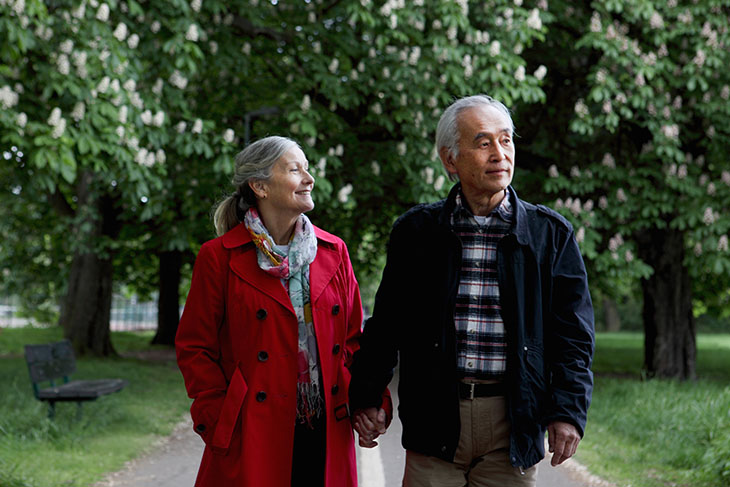Working with clinical networks to improve access for older adults

The profile of older people has never been higher, driven partly by increased longevity and heightened publicity around the benefits and challenges of ageing. The proportion of older people is steadily increasing – a mark of the success of clinical and public health medicine, coupled with the inevitable march of time which takes everyone toward old age. Ursula James, NHS England’s IAPT Programme Manager, explains how clinical networks have the potential to improve access to psychological therapies for older adults.
The Mental Health Five Year Forward View deals with mental health across all ages and there is a need to develop a specific focus on older people if we are to deliver on the aspiration to improve the lived experience of older people with mental health problems.
In England 18 per cent of the population (10 million people) are over 65 years old. For every 1,000 people over 65, 250 will have a mental illness, 135 depression – of whom 115 will receive no treatment. In the context of a 500-bed general hospital, 330 beds will be occupied by older people of whom 220 will have a mental disorder; 100 each will have dementia and depression and 66 will have delirium.
The adult Improving Access to Psychological Therapies (IAPT) programme has been highlighting the need for IAPT services to ensure equity of access for under-represented groups, and one of these is older adults. The proportion of people over 65 years referred to IAPT (8.2 per cent) is improving, but is lower than their share of the general population.
Earlier this year the national IAPT programme, in conjunction with Yorkshire and the Humber Clinical Network, held a conference in Leeds with the aim of enabling attendees to develop their understanding around how IAPT services can increase access for older people and share best practice of work being undertaken with older adults and carers. The event was well attended, with attendees travelling from across the country, with varied backgrounds including IAPT staff and leaders, social services, geriatricians, community mental health teams, service users and many specialists in the care of older adults.
Presentations included IAPT services from Sheffield and North Yorkshire demonstrating the work they had done on improving access and treatment for older adults. The University of York and Exeter University presented research findings on treatment for older adults, and the organisation Mothertongue presented on working with older adults from BAME (black, Asian, and minority ethnic) backgrounds.
The event was chaired by Professor Alistair Burns, National Clinical Director for Dementia and Older Peoples’ Mental Health at NHS England, who said it was a great event to concentrate people’s minds and showcase the work on older people.
Delegates were asked to write a pledge that captured what, as a result of the conference, they would do to improve access to IAPT services for older people in their services. The following are just a few of the 97 inspiring pledges received:
“I will feedback to my service the benefits of increasing access to older adults and will create specific booklets and worksheets with age-specific examples.”
“I will create closer links with our Older Adults Community Teams and encourage more joint working.”
“I will develop the link between secondary older adult care and IAPT to work towards a more comprehensive model of care. I will also explore the creation of jointly run groups.”
“I will make sure that the older adults I work with are informed about the IAPT service and give them information to demonstrate that depression and anxiety are not an inevitable consequence of ageing.”
“I will link with our local Age UK branch and find out if we can work with them on improving pathways into our service for Older Adults.”
Thanks to the success of the event, NHS England plans to arrange two further conferences, in the Midlands and the South. Further information including dates and locations will follow via the clinical networks.
